How to pronounce prendre
Do you find the information below useful? If you do, you can get guides like it for 1,000+ French words by downloading this app for your iPhone or iPad.
| p | 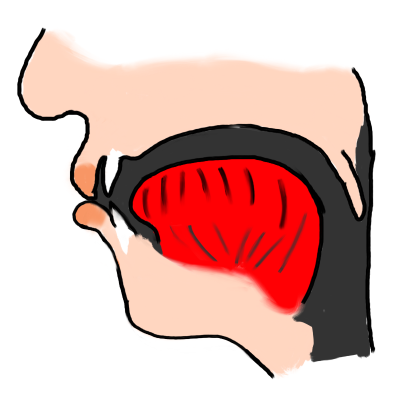 | A French 'p' is generally pronounced in a similar way to an English 'p' in "spit", "sport" etc. In other words, it is not usually followed by a "strong burst of air" (aspiration) as in the 'p' sound of English "pit", "port" etc. If you are a native English speaker, put your hand in front of your mouth while you say "port" then "sport"; you'll feel a stronger breath of air with the first of these words. When you pronounce a French 'p' sound, you do so as in the second of these words, so that you don't hear or feel the strong breath of air. | |
| ʁ | 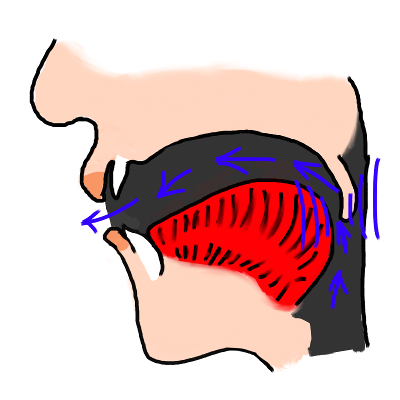 | The French 'r' is generally what is technically called a "uvular fricative". In simple language, that means you bring the back of your tongue close enough to the back of the mouth that it causes friction (the "raspy" sound that you hear) with the escaping air. | |
| ɑ̃ | 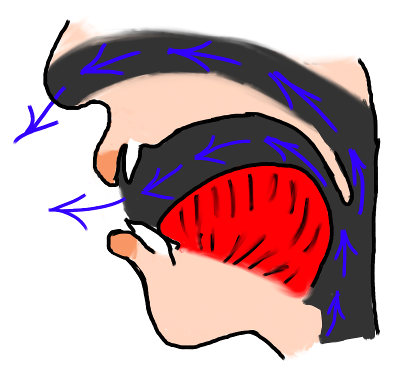 | This vowel is pronounced with the mouth relatively wide open and the tongue quite far towards the back of the mouth (similar to many English speakers' pronunciation of the word "are"). The vowel is nasalized: air escapes through the nose as well as the mouth. | |
| d | 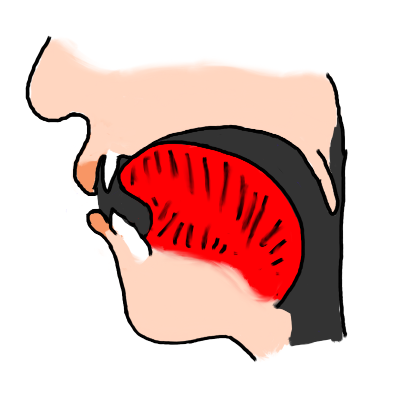 | A French 'd' sound is pronounced like an English 'd' after a 'th' sound (as in "with Dave"): the tongue touches the back of the teeth. An addition, as with French 'b' and 'g', make your vocal cords vibrate right through the 'd' sound by "trying to force some extra air out" even though your tongue is blocking it. | |
| ʁ |  | The French 'r' is generally what is technically called a "uvular fricative". In simple language, that means you bring the back of your tongue close enough to the back of the mouth that it causes friction (the "raspy" sound that you hear) with the escaping air. | |
| ə | 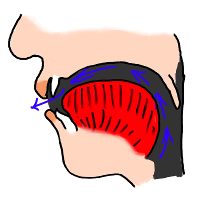 | The 'schwa' or 'neutral e' is pronounced with the tongue in a "central, relaxed" position and the mouth also in a 'half open, relaxed' position. Note that many French speakers actually tend to pronounce this vowel as a 'close eu' vowel (as occurs at the end of words ending in -euse), or at least with some rounding of the lips. | Even though the word ends in -e in the spelling, notice how in the pronunciation, this vowel isn't "fully" pronounced. Instead, the syllable before it receives the stress. |